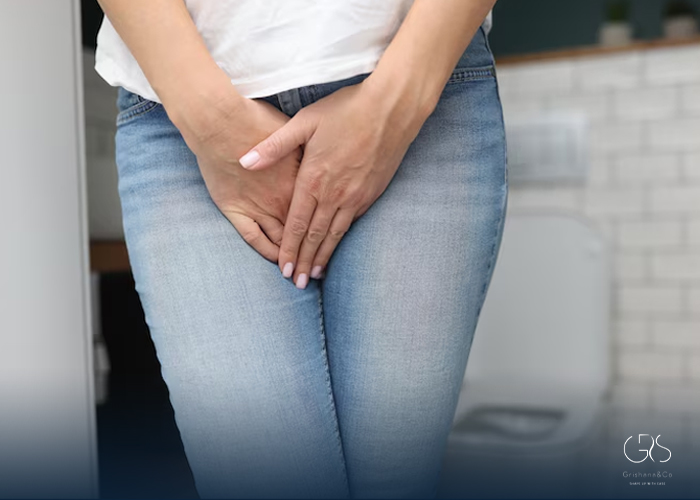The importance of maintaining optimal vaginal health cannot be emphasized enough. As women, we often focus on external factors that influence our well-being, but little attention is given to the internal ecosystem that plays a crucial role in our intimate health. In recent years, there has been a growing interest in the potential benefits of probiotics for vaginal health. In this article, we will explore the science behind probiotic vaginal health, backed by relevant statistics, expert advice, and diverse perspectives.
Understanding Vaginal Health:
Before diving into the benefits of probiotics for vaginal health, it’s essential to understand the basics of vaginal health. The vagina is a self-cleaning organ with its own unique balance of bacteria. When this delicate balance is disrupted, it can lead to various issues such as infections, odors, and discomfort. Factors like stress, poor hygiene, antibiotics, and hormonal changes can disturb the natural harmony, making it crucial to prioritize vaginal health.

The Role of Probiotics:
Probiotics have gained immense popularity for improving gut health, but their benefits extend beyond digestion. Probiotics are live bacteria and yeasts that maintain the delicate balance of microorganisms in the body. When it comes to vaginal health, specific strains of probiotics can help restore and maintain a healthy balance of bacteria, leading to an array of benefits.
Unlocking the Benefits of Probiotics for Vaginal Health:
Preventing and Treating Vaginal Infections:
- According to a study published in Frontiers in Microbiology, probiotics containing Lactobacillus strains have been shown to prevent and treat common vaginal infections, such as bacterial vaginosis and yeast infections.
- By restoring the natural pH balance and inhibiting the growth of harmful bacteria, probiotics can reduce the risk of infections and promote overall vaginal health.
Managing Menopause Symptoms:
- Research has shown that probiotics can assist in managing menopausal symptoms, such as vaginal dryness and urinary tract infections.
- A study published in the Journal Menopause found that certain probiotic strains can alleviate vaginal dryness and discomfort, enhancing the quality of life for menopausal women.

Strengthening the Immune System:
- The vaginal microbiome plays a vital role in the overall immune system. Probiotics can boost the immune response by promoting a healthy balance of bacteria in the vagina.
- According to a review published in the Journal of Obstetrics and Gynecology, probiotics can enhance the immune system’s defense against vaginal infections and prevent their recurrence.

Diverse Perspectives on Probiotics for Vaginal Health:
It is essential to acknowledge and explore diverse perspectives on the topic of probiotics for vaginal health. Cultural and societal factors, personal experiences, and individual preferences shape these perspectives. While scientific research provides a foundation, understanding different viewpoints helps create a comprehensive understanding of this subject.
Conclusion:
The benefits of probiotics for vaginal health are steadily gaining recognition in the medical community. From preventing infections to alleviating menopause symptoms and strengthening the immune system, probiotics can have a significant impact on the overall well-being of women. However, it is important to consult with a healthcare professional before starting any probiotic regimen, as individual needs may vary. By incorporating probiotics into your vaginal health routine, you can unlock the hidden benefits and enjoy a healthier and happier intimate life.
Sources
- ournal of Lower Genital Tract Disease, Epidemiology of Vulvovaginal Candidiasis Infection in a Portuguese Population
- Archives of Gynecology and Obstetrics, Probiotics in the Treatment and Prevention of Bacterial Vaginosis
- International Journal of Women's Health, Probiotics for the Treatment of Bacterial Vaginosis










